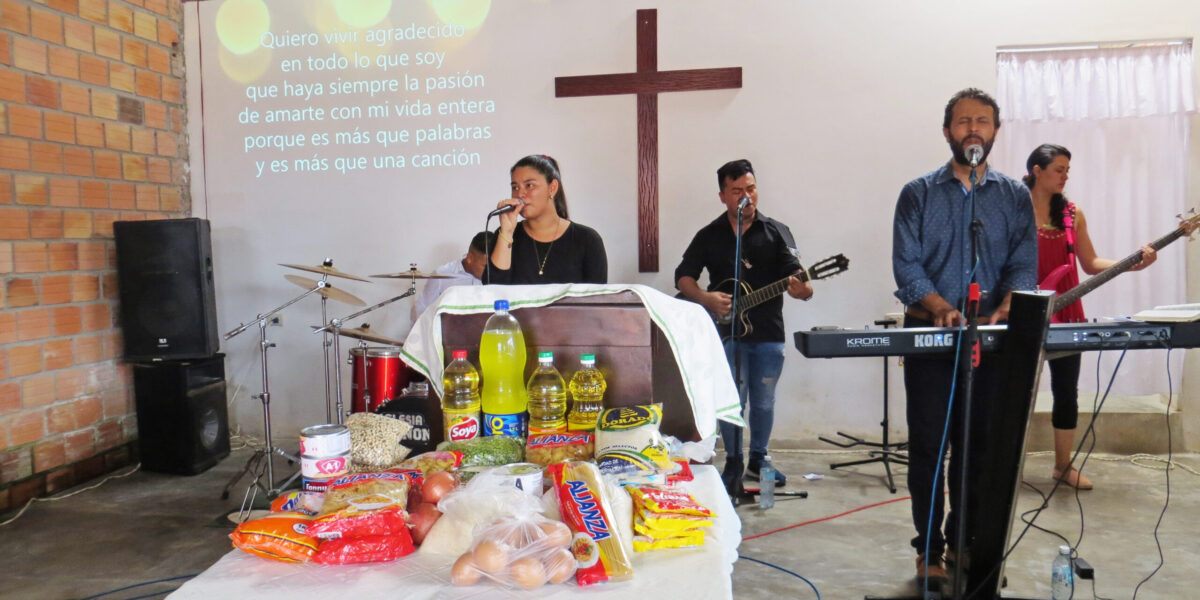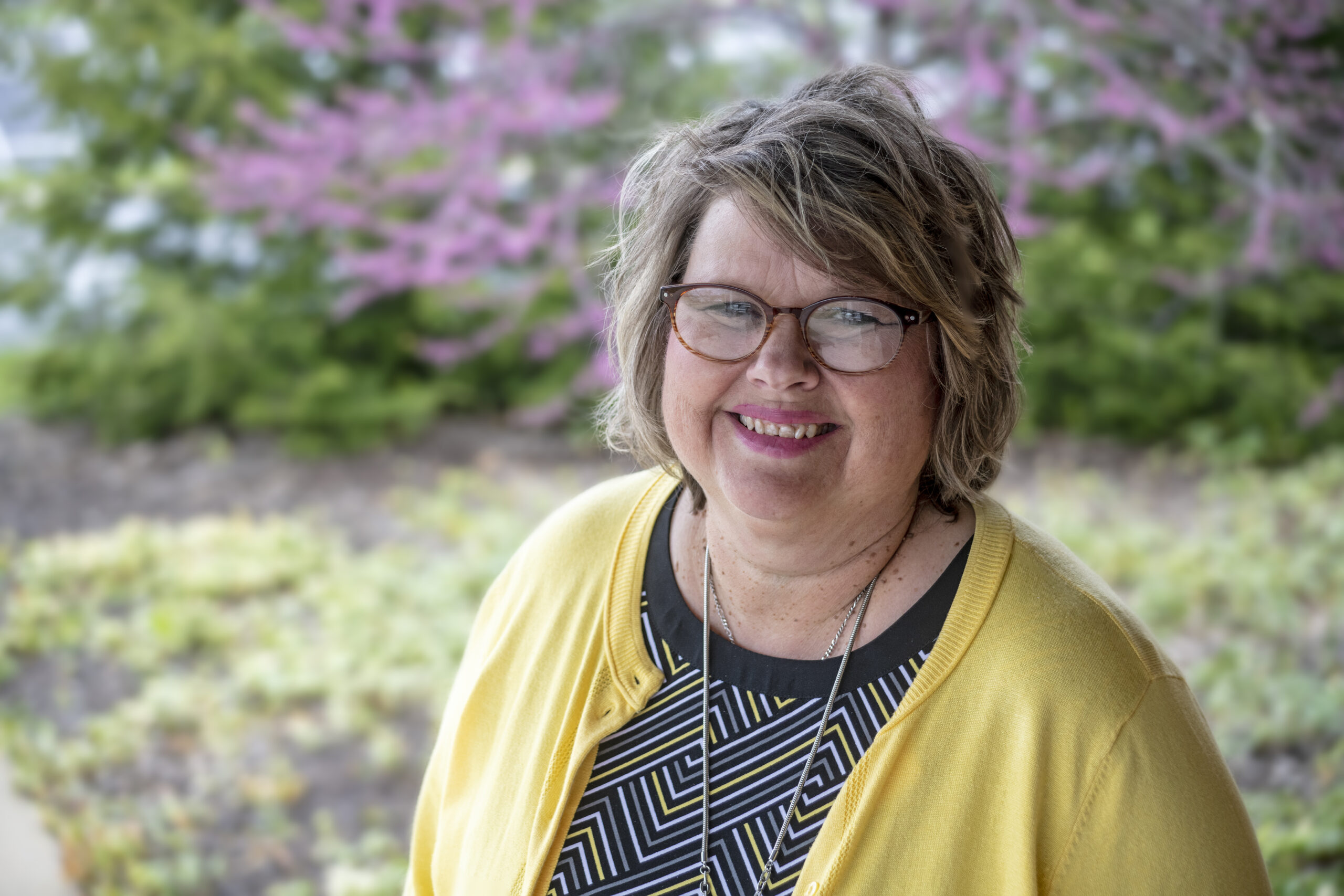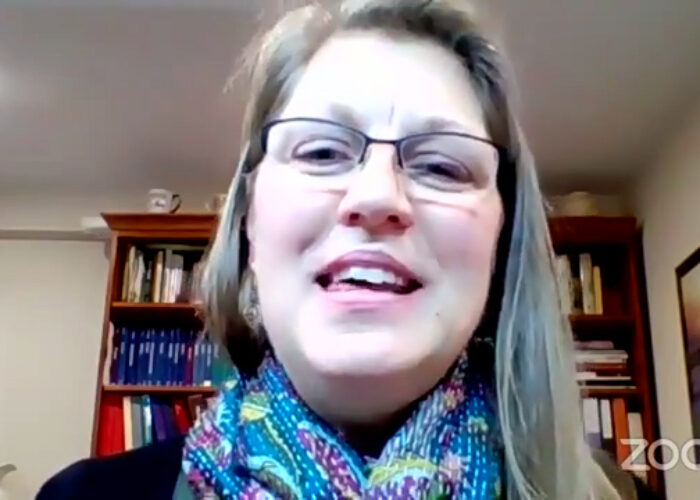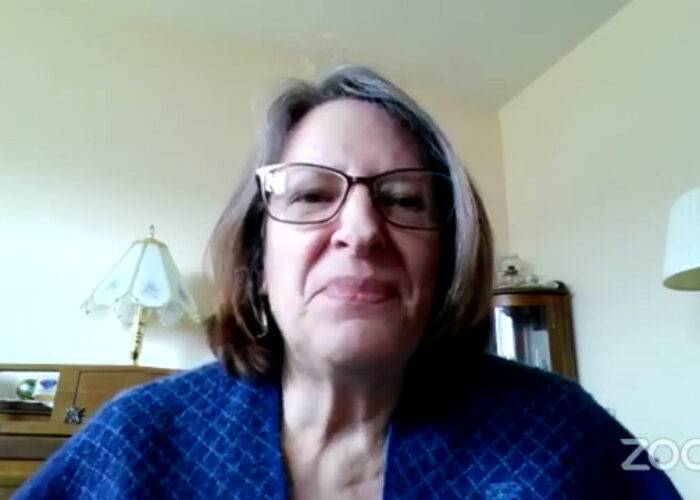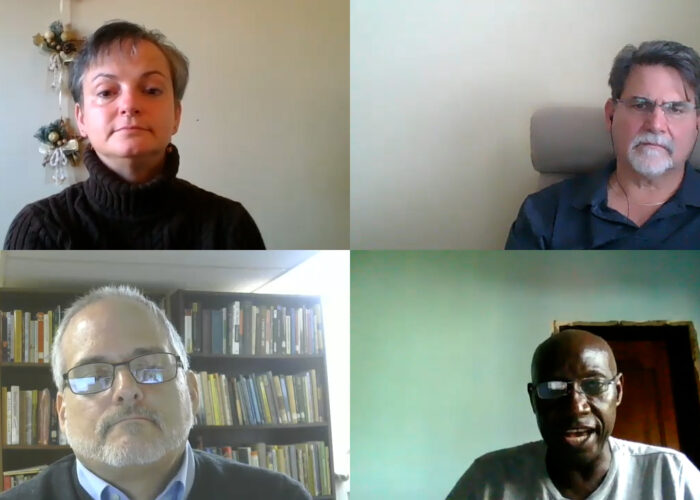NEWTON, Kansas (Mennonite Mission Network) — To provide practical help and hope during the COVID-19 pandemic, Mennonite Mission Network is sharing fiscal, pastoral and communication resources with its domestic and global partners, constituents, staff members, and the wider church.
Emergency aid to partners, a live-streaming Hope Series, outreach to supporters, and collaboration with Mennonite Church USA to deliver inspiring communications are part of the "care package."
On Mar. 24, Mission Network’s Executive Cabinet released $20,000 from its emergency fund to help its partners, particularly where the dollar stretches further than in the United States. Of that total amount, $4,000 is already on its way to Latin America. In the coming days, as needs are identified in Mission Network’s regions of Africa, Asia, Australia and Europe, more fiscal resources will be sent.
"We are deeply concerned with the suffering, uncertainty and isolation of many at home and abroad," said Stanley W. Green, executive director and CEO for Mission Network. "This has led us to develop and deploy resources to nurture hope in the medical crises many are facing. We also wanted to provide access to spiritual resources that nurture hope in a depressing environment.
"We are pondering: What is the missional opportunity for every follower of Jesus in this crisis? How can we serve our immediate neighbors and global neighbors, and share the love of a Christ with many living with fear and isolation?"
Of the $4,000 being sent to Latin America, $1,900 is earmarked for the Mennonite churches in Iquitos, Peru, said Linda Shelly, director of Latin America for Mission Network. The other $2,100 is earmarked for the Quito Mennonite Church in Ecuador.
Pastor David Moreno in Iquitos reported to Shelly that the city is under quarantine and he is deeply concerned for the people without food in their churches and ministries. He asked for about $29 per family for 65 families. He has received permission to go out and buy food in bulk and then deliver to the families in need.
He said that soon there likely will be more widespread shortages in Iquitos since the city can only be reached by plane or by boat, and he wants to get staples to people before that happens. Under the present quarantine, the churches are not able to carry out their regular ministry programs.
In Quito, Ecuador, Peter Wigginton, who shares Mission Network’s Ecuador partnership coordinator responsibilities with his spouse, Delicia Bravo, asked for prayers and special funds.
He wrote, "There are many people in the Quito church that live day-to-day or work on the streets, and now they can’t. So we are trying to think of creative ways to help them — especially families with kids who need food."
Last week the church helped 18 families. The pastoral team suggested planning $70 for rent and $50 for food for a month. That would be a total of $120 per family.
In the Eastern rain forest region, Mission Network workers Jane and Jerrell Ross Richer also said that some families near where they live are hurting and they will be providing some assistance as well.
Shelly said, "We see many efforts in Latin America with neighbors helping neighbors, especially sharing food, and we are glad to be able to support the churches in responding to some of the immediate needs. In addition to the physical help with food and rent, many are praying with people over the phone and are also broadcasting messages of hope via Facebook and YouTube."
Online resources created to provide social and spiritual connection during isolating times
Sandy Miller, Mission Network’s senior executive for Resourcing and Mobilization who leads the Church Relations team, said, "Our executive cabinet is responding to the COVID-19 crisis with deep compassion and rapid response. That care has freed staff members to use their God-given creativity and resiliency for the good of all.
"One example of this is our new Hope Series. It’s our prayer that the series will demonstrate how much a heart for people is at the heart of our mission. We care about our world, our constituents, and the people we’ve employed. We want to lead the way in living out Christ’s healing and hope. We want to model what it means to reach out to our neighbors, our partners, our constituents, and our coworkers."
To minister to people who are physically distancing in their homes and no longer attending spiritual or social gatherings, Mission Network’s Church Relations team is leading live prayer, update, and Bible study times on Facebook as part of the new Hope Series. The Facebook live events can be joined by anyone at the following times:
- A daily prayer time at 1 p.m. EDT, Monday through Saturday.
- A six-part Bible study on Jesus as healer presented by Joe Sawatzky, a theologian and Church Relations representative for Mission Network. The series will be aired every Wednesday evening from Apr. 1 through May 6 at 7:30 p.m. EDT.
- Every Thursday at 4 p.m. EDT, reports about responses to COVID-19 from around the world will be shared. This segment, "Hope Around the World," began Thursday, Mar. 26.
Visit Facebook.com/MennoniteMissionNet/live at the above listed times to catch the Hope Series. If you visit that link before we go live, you may have to refresh the page at the scheduled start to join live.
Showing concern for supporters
Mission Network’s Donor Relations department is demonstrating this care for constituents through personal phone calls to donors and e-mailed prayers to constituents, said Karen Horsman, Mission Network’s director of Donor Relations.
"Our Donor Relations staff members are making phone calls to our donors to thank them for their support, but most importantly to check up on them to see if they are OK," Horsman said. "Many of our donors are older people who are isolated, and we want to minister to them. For example, one of our team members has been praying with people over the phone. Other staff members are also e-mailing prayers to donors who share prayer requests.
"We want our donors to know that we are here for them, just as they are here for us. None of us know what is going to happen in the future. But together, staff members and constituents can encourage each other to go forward in the faith. Our world is changing minute-by-minute, but Christ always stays the same. Christ is with us as we strive to be here for each other."
Inspiring communications you can share
Part of being there for each other includes the efforts of Mission Network to collaborate closely with the Executive Board of Mennonite Church USA to resource conferences and congregations. Also, to collaborate more broadly beyond the church, Mission Network is complying with state and federal recommendations and mandates, and is directing people to get their coronavirus information from legitimate sources, such as the Center for Disease Control and the World Health Organization.
Additionally, in collaboration with Mennonite Church USA Communications, and in coordination with the Hope Series, Mission Network is sharing daily inspirational Scripture graphics on social media. Wil LaVeist, Mission Network’s senior executive for Advancement (which includes the ministries of Donor Relations and Marketing and Communication), and chief communications officer for Mennonite Church USA, said, "We are in the business of spreading godly hope. In times like these we must remain vigilant to inspire, encourage, and care for each other as best we can."

